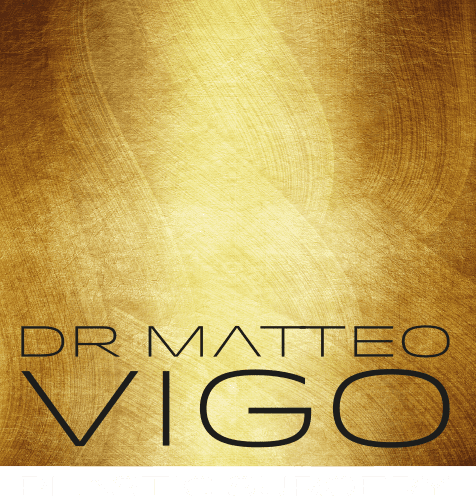Breast implant illness: why good science needs to combat hysteria
Breast Augmentation Dubai | 8 April 2019
A lucrative industry is springing up around “breast implant illness”, with some doctors charging women thousands to remove implants with no guarantee the surgery will make them better. Social media is fuelling an explosion in the numbers of women scared their breast implants are making them sick and deciding to have them removed, with online support groups for breast implant illness (BII) numbering in the thousands and growing every day. But there is a lack of strong scientific evidence for whether breast implants are causing the clusters of unexplained and debilitating symptoms attributed to BII, two leading Australian plastic surgeons say.
Rising numbers of implant patients are reporting unexplained or vague illnesses and symptoms, including auto-immune diseases, allergies, migraine, chronic fatigue, joint pain, depression, heart and kidney problems and hair loss, said Associate Professor Anand Deva, head of plastic and reconstructive surgery at Macquarie University. Some doctors were cashing in on the BII boom, marketing breast implant removal – or breast explantation – as a treatment for BII and charging vulnerable women up to $20,000 for the invasive and potentially useless procedure, Dr Deva said.
“There is such a strong commercial driver that it’s drowning out any potential for science and trust in this space,” he said. Reports of BII first emerged in the 1960s, and recent studies have shown a link between silicone implants and certain autoimmune diseases. But Associate Professor Mark Magnusson, former president of the Australasian Society of Aesthetic Plastic Surgeons (ASAPS), said there was a need for robust, systematic research to define BII, its causes and how to treat it. Professor Magnusson leads a group of researchers and surgeons that recently proposed a longitudinal trial to untangle the nebulous catch-all diagnosis. “[BII] has a very large following but unfortunately this doesn’t translate to good science,” Dr Magnusson said. “We need methodical, sophisticated research to try and answer these questions rather than jump to unsupported conclusions.” The surgeons suggest study participants would undergo thorough physical checks, blood tests to check for autoimmune disease markers and genetic sequencing to look for gene mutations that could predispose some women to BII.
Their implants, capsule and surrounding tissue would also be analysed. Patients would be followed up for at least two years. The surgeons said the most likely cause of BII is the body’s inflammatory response to contaminants or bacteria but it would take more than a decade to find definitive answers. “These illnesses patients describe could all be manifestations of the same thing,” Dr Deva said. The surgeons said women concerned about BII should be taken seriously and treated appropriately. Last week the US Food and Drug Administration held a two-day public hearing to discuss breast implant safety, including breast implant-associated anaplastic large cell lymphoma (a rare form of cancer), implant registries, potentially banning breast implants with textured surfaces, as well as breast implant illness.
The International Consortium of Investigative Journalists reported the FDA kept hundreds of thousands of breast implant incidents reports hidden from the public. Jane Kimpton, founder of an Australian BII support group on Facebook, said she welcomed robust research into BII, but was sceptical whether plastic surgeons with commercial ties to implant manufacturers were the most appropriate researchers. Dr Magnusson and Dr Deva consult and coordinate research for Johnson & Johnson and Allergan. Dr Deva also works with Motiva and Sientra. “In the meantime, all these tests, referrals and appointments are costing women thousands of dollars,” Ms Kimpton said. She said some women had suffered debilitating symptoms for years, but now social media influencers with relatively minor ailments and self-proclaimed experts were joining the bandwagon.
“This is not just something for 20-somethings in bikinis on Instagram to blog about,” Ms Kimpton said. “Then there are the pseudo-natural therapists who are suddenly experts in treating [BII] and trying to create a niche market. Women are just desperate to get answers.” Roberta Hongiman, a social worker who specialises in plastic surgery patients, suspects the uptick in women coming to her with BII concerns over the past two years was driven by “unsavoury social media hysteria” but added some of these women are feeling very unwell and extensive testing was not providing answers.
Breast Augmentation Dubai | 11 April 2019
